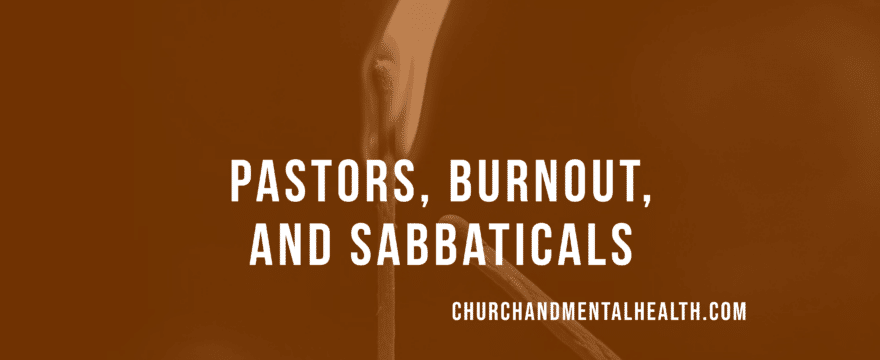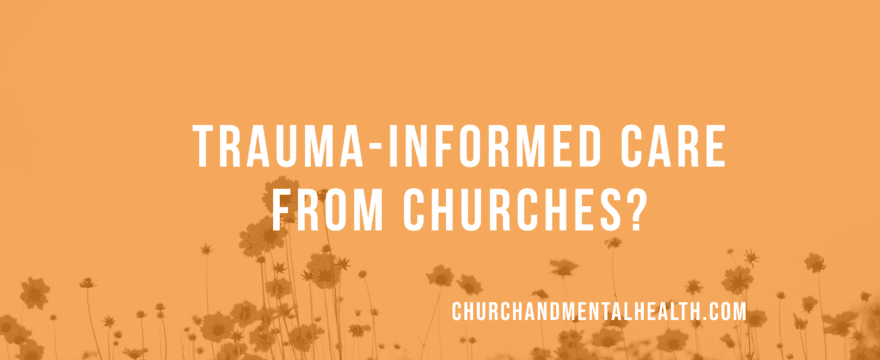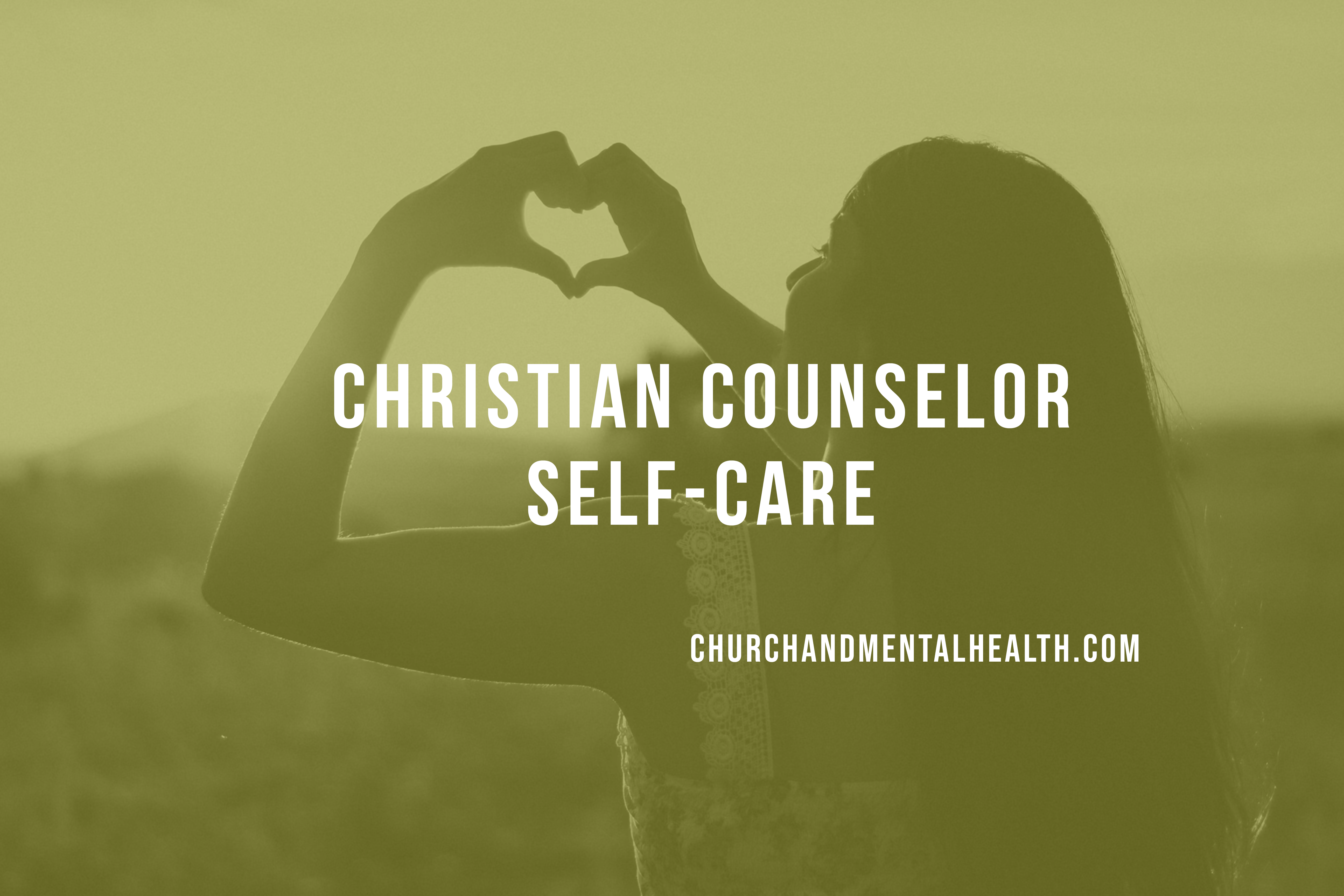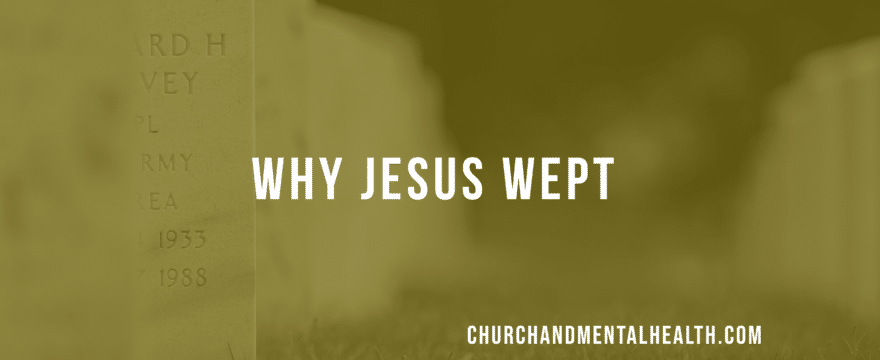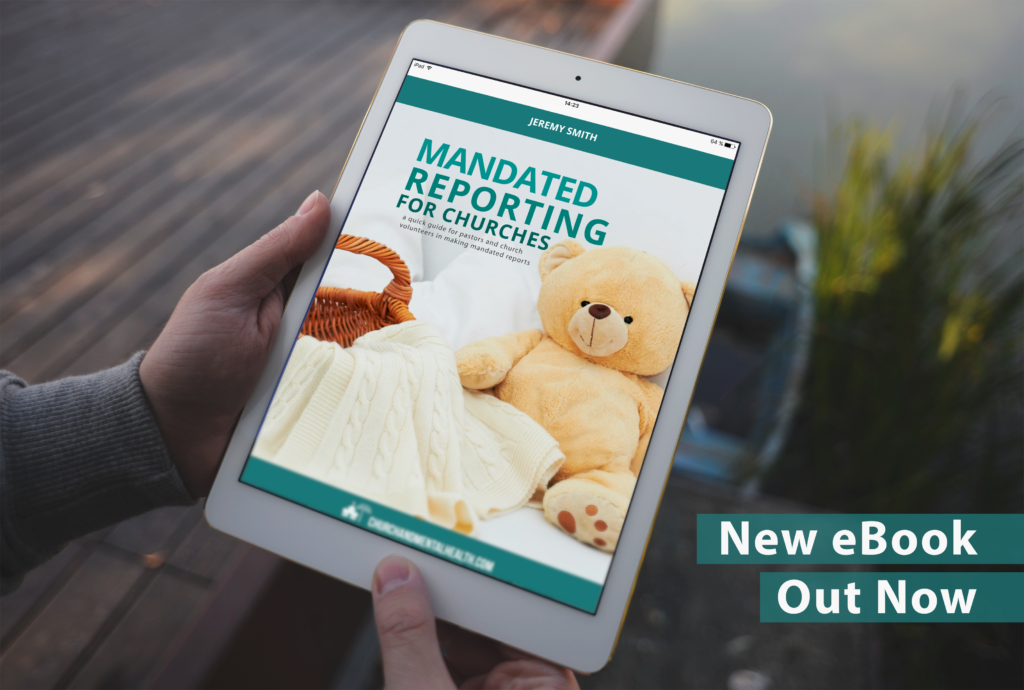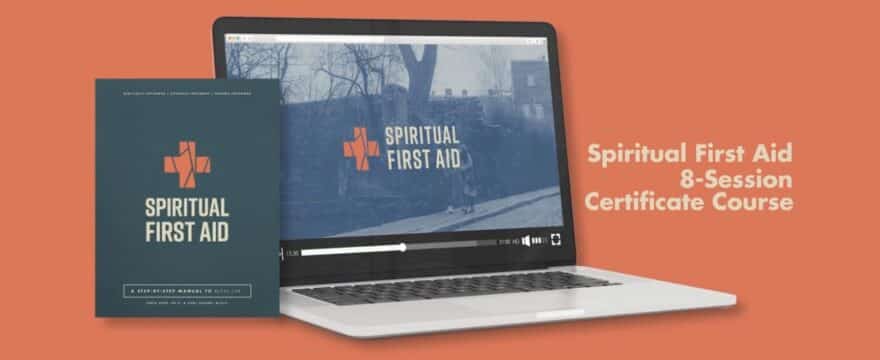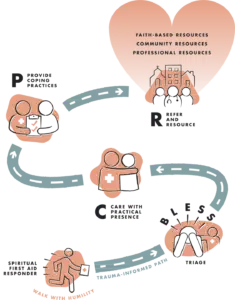Pastor burnout is a thing. We’ve talked about it quite a few times here. But it’s a topic that will need to be talked about routinely for a long while. Want evidence of the need? Check out the newest data collected by Barna Group in the State of Pastors, Volume 2, which has seen some stark negative and positive changes in recent years concerning work satisfaction and personal stability for pastors. Here are some of the highlights to coincide with our point:
[Read more…] about Pastors, Burnout, and Some HopeTrauma-Informed Care from Churches?
As Christian leaders, pastors hold a profound responsibility to nurture and care for the spiritual well-being of their congregations. I do not think it is a large leap that many churches then take partial responsibility for the emotional and cognitive well-being of the congregation as well, though we know there is a difference in the role of the pastor and a counselor.
In today’s world, where many individuals carry the invisible scars of trauma, churches must become places of healing and restoration. We see that Christ Himself is our high tower (Psalms 144:2), this fortress (Samuel 2 22:2), and a source of strength (2 Timothy 4:17-18) Adopting a trauma-informed approach is not just a trend; it’s a reflection of Christ’s compassionate ministry to the brokenhearted.
[Read more…] about Trauma-Informed Care from Churches?Christian Counselor Self-Care
Counseling is a vast and deep profession to work within. Human suffering, healing, and redemption for adults, youth, families, marriages, victims of domestic violence and human trafficking, substance misusing, depression, anxiety, schizophrenia, foster care, spiritual trauma, and so much more. For Christian counselors, we have the hope of Christ as our center, the hope of Jesus, the faith of a healing, and the promise of grace in tomorrow.
As Christian counselors extend compassion and wisdom to others, it’s imperative for them to nurture their own well-being. Clinician self-care isn’t merely a luxury; it’s a sacred responsibility, vital for sustaining the healer’s spirit and efficacy. Drawing from the rich tapestry of Christian principles and contemporary self-care techniques, we want to equip Christian counselors and supervisors with practical strategies to safeguard their emotional, spiritual, and physical health.
[Read more…] about Christian Counselor Self-CareWhy Jesus Wept
As a Christian counselor, I have found myself in many stories with clients that included the loss of a spouse or child, a victim of domestic violence, the agony of a dream or future that would never come to be, and the tears of redemption, hope, grace, and peace. I have had my fair share of tears in counseling and so this verse, John 11:35, interests me a lot. It starts with who Jesus is, fully God and fully man.
The topic of Jesus being fully God and fully man is a theological concept that is easy to say, hard to understand, and a nearly endless deepness to learn from. The concept is that Jesus who is part of the trinity of God as the Son, came to Earth as a living sacrifice for our sins. But Jesus’ death without a life in this world that is blameless would not do and so we can find comfort in understanding Jesus has been where we currently are.
[Read more…] about Why Jesus WeptMandatory Reporting for Churches [eBook]
Back in June, my church started up an intentional prayer team ministry that happens after the sermon while worship is still going on. The thought was we have many prayer needs and a place in the lobby called Next Steps for people to pray, but in the hustle of getting kids from nursery, saying goodbye to church friends, and off to the local diner for Sunday lunch, we were missing a lot of time to pray with people. So we kicked off the initiative with a training and recently launched.
But the pastors were very mindful of what we were offering. They asked me to talk about mandatory reporting for our volunteers that joined the prayer ministry. I wanted to come prepared and attempted to research some good curriculum and resources. What I found for churches was very, very little. What I did find cost a lot of money or was a decade old.
[Read more…] about Mandatory Reporting for Churches [eBook]Spiritual First Aid
Mental health has always been a stigmatized thing within the Church, but the last decade has started to see some significant changes. One question I get asked a lot is how to educate people and that led to my sharing what my church has been doing to break the stigma of mental illness, with a new post every year on how we are further developing it. I also did a short video on this talking about several strategies your church could do right away and a separate list of 10 free ways to stop stigma.
But having an on-demand option is nice. Imagine you have a new hire at your church or volunteer that signed up and you want them to get some training? Maybe you need to do a quick refresher after a critical incident happened and noticed some flaws in the response. In my opinion, this is where Spiritual First Aid comes in.
This site is a 6-session certificate course that teaches peer-to-peer spiritual and emotional care and trauma-informed best practices. It is not my first or second option, but should absolutely be used at some capacity in your church process with training.
Having gone through the first course and seen the overview of the curriculum, I highly endorse it. If you go visit the website linked above, they currently are offering for free Session 1 and download practical tools for responding to spiritual and emotional needs that include a BLESS CPR quick-reference, basic overview of trauma, 12 self-aid resilience practices, and 20 encouraging verses.
What Is BLESS CPR?
Here’s the website’s description:
Similar to medical first aid which provides temporary help, Spiritual First Aid’s BLESS CPR step-by-step helping framework will help you master small actions that make a big difference. Learn how to holistically respond to struggles such as anxiety, depression, substance abuse, work problems, and relationship issues. Be equipped to walk alongside others through trauma caused by grief, abuse, violence, and disasters.
If that’s not enough, if you sign up for their newsletter, every week I feel like I’m getting a high grade eBook for free to download that every church should have. So go check out the website now, at least view the free video and download the freebies, and see if this is a resource you could use.
(Note: All outside links on this article are affiliate and so any of your purchases, we do receive some compensation.)
The Risks of AI With Mental Health Are Here
A few weeks ago, we shared about the likelihood of AI engaging with mental health, if we shared about the likelihood of AI engaging with mental health, if it was even possible, and how it would interpret our faith within it. The short of it, we were impressed. Now there is news of how AI is harming the mental health world. NPR recently covered a recent report about a concern from the National Eating Disorders Association helpline that moved from live human advice to a chatbot.
[Read more…] about The Risks of AI With Mental Health Are HereClinical Assessments For Integrating Christian Spirituality
Faith has long had a contentious relationship with mental health, especially from the side of clinical practitioners. The mental health field itself is not a particularly strong religious incorporation though we know it is important for clients and so counselors need to wrestle with how they plan to practice with integrating spirituality. It is our believe that faith has a place in the clinical counseling session and Christian practices, when done ethically, can promote change and healing.
[Read more…] about Clinical Assessments For Integrating Christian SpiritualityFaith Has A Place In Clinical Counseling
I remember my very first experience with trying to find a job with my newly obtained Masters degree in Clinical Mental Health. I had applied to a couple of places and the first to get back with me was a community mental health center. They asked me a few questions before they would give me the email to submit my resume and one of the last questions was “Where did you get your degree from?” I of course had gone to Denver Seminary and it was clear that I was a Christian which led to an immediate follow up comment of “We have had problems with Christian counselors before, so I don’t know if this will be a good fit.”
[Read more…] about Faith Has A Place In Clinical CounselingRemember What Drives You
When new staff are hired on at the community mental health center I work at, we get the opportunity to introduce ourselves to them and give words of wisdom. Whether this is their first clinical experience, or they have heard about our great team from working as a counselor elsewhere and wanting to join, we want to foster an environment for great professional relationships. For the last couple of years, my words of wisdom have been the same to everyone:
[Read more…] about Remember What Drives YouRemember why you got into counseling.
